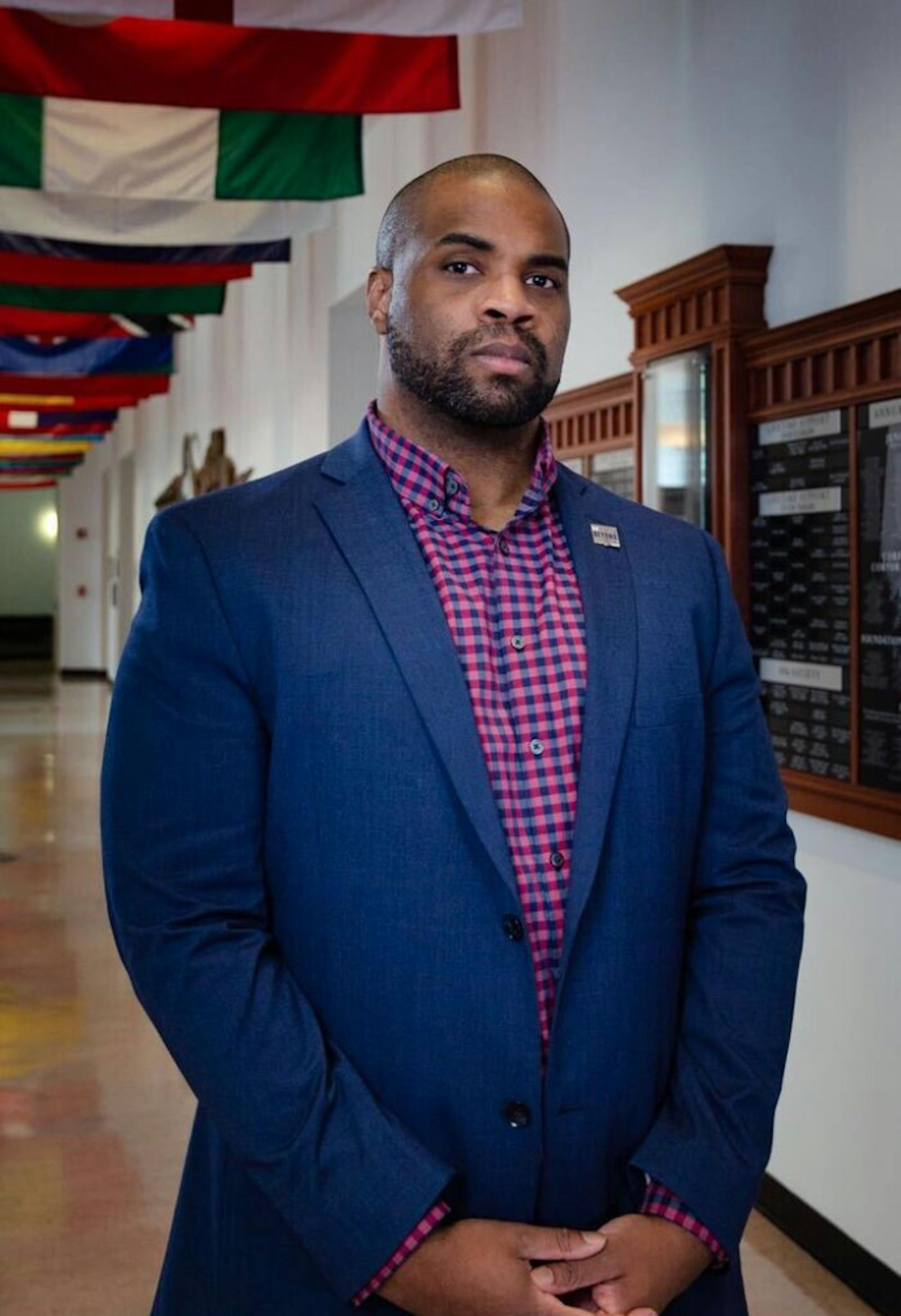Esteemed civil rights icon and Congressman John Lewis would have turned 81 on Feb. 21, the first birthday since his death on July 17, 2020. Lewis represented Georgia’s Fifth Congressional District, including Emory’s Atlanta campus, and frequently visited campus as a guest lecturer or to meet with students and faculty.
To honor Lewis’ legacy, the Goizueta Business School hosted the first ever John R. Lewis Racial Justice Case Competition, which concluded on Jan. 21. Associate Managing Director of the competition Kristin Little (21B) said the competition was not a one-off event — she and her colleague coordinators are currently working on plans to continue the competition for future years.
“I think that we’re truly privileged to be in … essentially the birthplace of the civil rights movement and in an area where John Lewis was a representative for us, and we just wanted to find a way to honor him,” Little said.
The competition focused on the intersection of business and racial equality by bringing together corporations, such as Johnson & Johnson and Walmart, and students from universities across the country, including Harvard University and Yale University, to collaborate on and create projects that address income, health and educational disparities.
Competition founder Willie Sullivan (21B) said he wanted to organize the event after reading major corporations’ statements of solidarity and young people standing up for racial justice this past summer. Sullivan hoped to “galvanize that energy into something that could really make change” and promote racial equity in corporations.

“We came up with this idea in June and Congressman Lewis passed away in July … so it seemed very appropriate to name it for him as he is a leader for the civil rights movement and the representative for this district,” Sullivan said.
Little said the summer created “a perfect storm of social unrest, people wanting to do something about it and also companies wanting to make a commitment” to fighting racial injustice.
Senior Lecturer in Organization and Management and Associate Dean of Goizueta IMPACT Lynne Segall (99B) said commemorating Lewis through the competition increases the competition’s significance. Her role as the faculty adviser built off of the project based learning curriculum she conducts in the classroom to connect and advise the team to the judges and corporate sponsors.
“It ups the ante in a way because it added a whole other level of inspiration for the students participating to be doing this in his honor,” Segall said. “We at Goizueta were uniquely qualified to lead this because of where we are geographically, located in the south where these issues are prevalent and have a long history.”
Lewis’ ties to the University extend far beyond this case competition. In 2015, Emory Law established the John Lewis Chair for Civil Rights and Social Justice with a $1.5 million donation. Lewis was also awarded an honorary law degree, delivered the keynote address at Emory’s 169th Commencement and spoke at Oxford College’s 2019 graduation.
Given Lewis’ strong ties to the University, the competition not only commemorated Lewis, but also aimed to educate students on his legacy and how to address corporate racism.
“This case competition was an opportunity for students working with these companies looking into these long generational problems,” Little explained. “It’s a learning experience for them, so when they’re leading companies, they’ll be able to have a different perspective on what their company can do in terms of fighting racial injustices.”
Above all else, the case competition is meant to be a practical learning experience, Sullivan noted.
“The first goal was for those students to understand systemic racism and how these corporations can truly take their learnings and apply them to creating things that are actual,” Sullivan explained.









